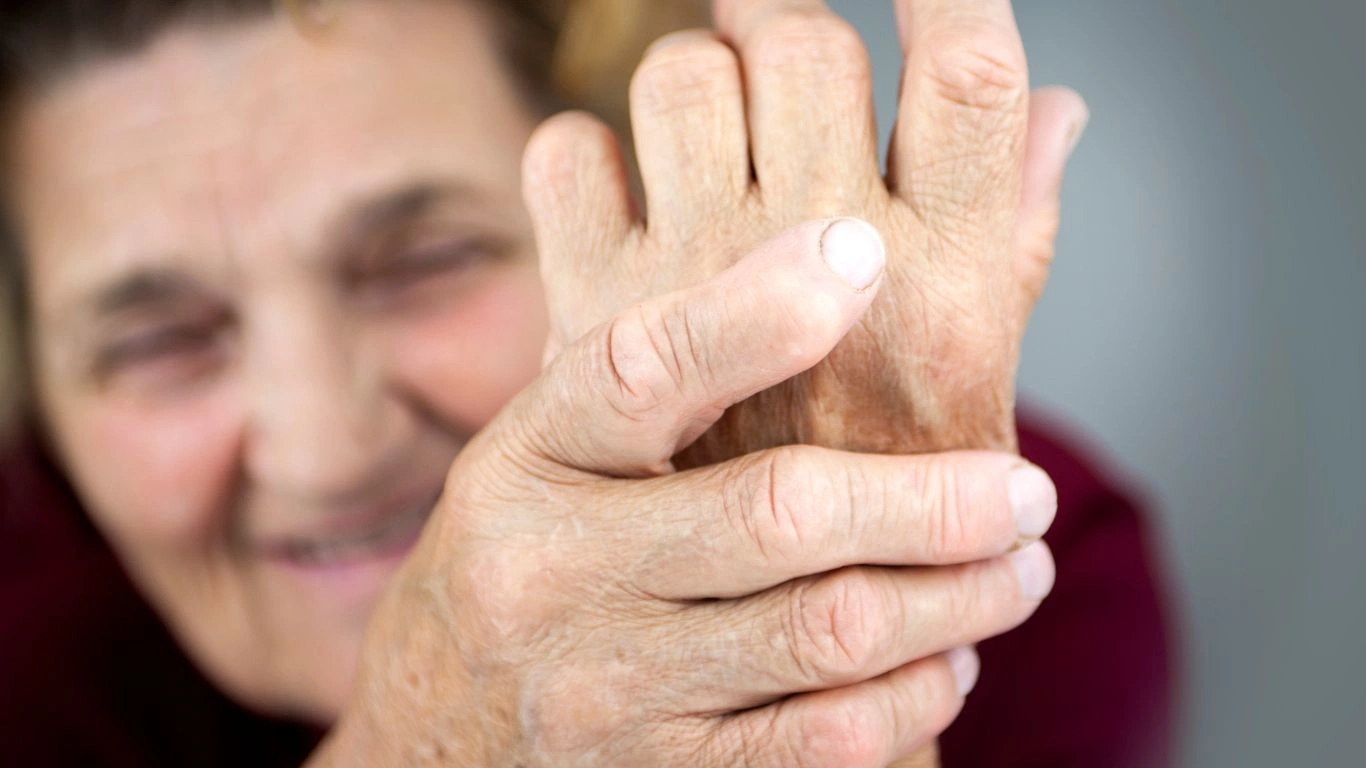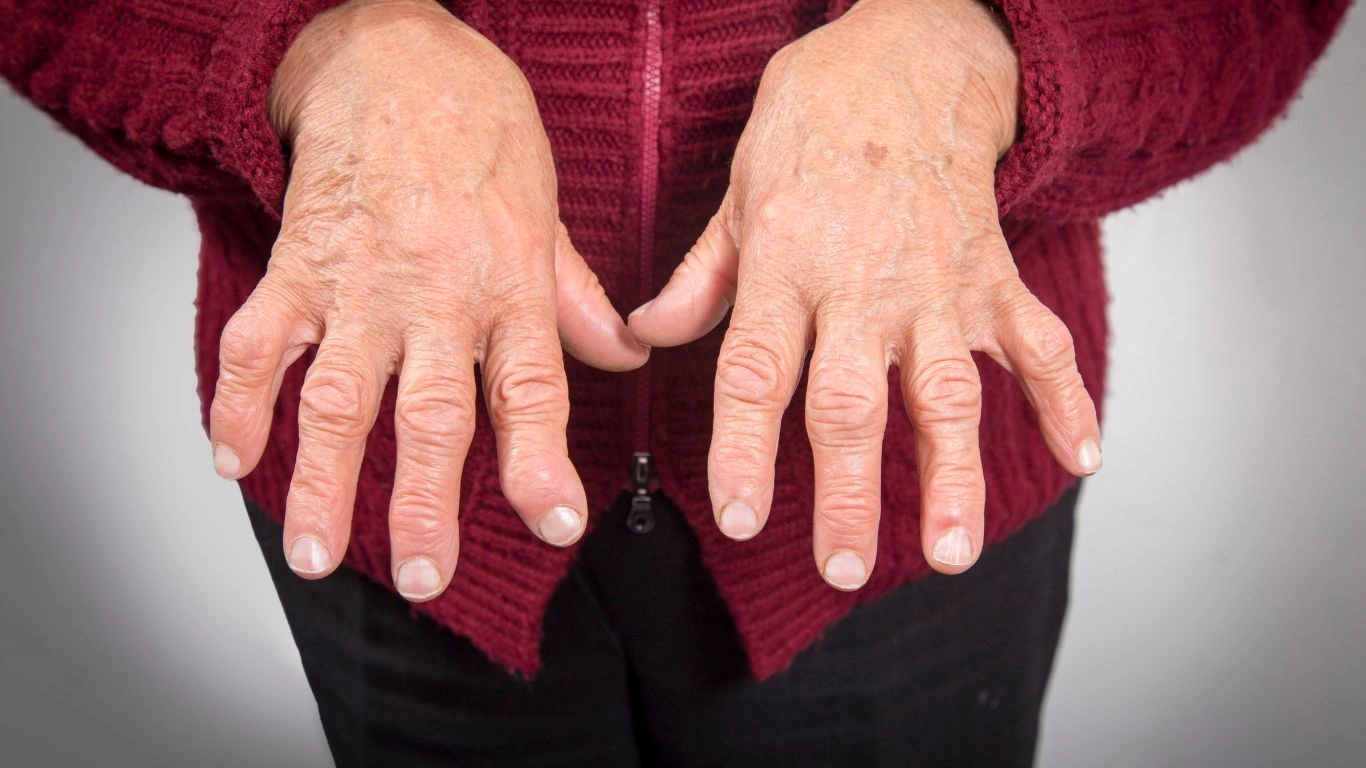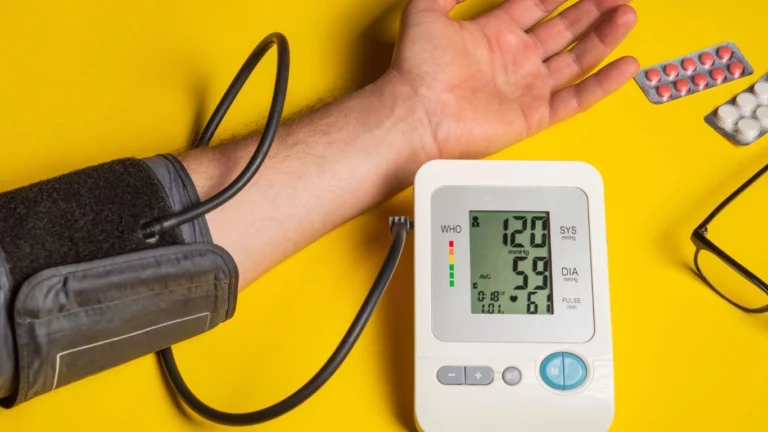Can Rheumatoid Arthritis Cause Sudden Weight Gain? Here’s What to Know
Can rheumatoid arthritis cause sudden weight gain? This is a question I’ve heard more times than I can count in the exam room. You’d think that with all the joint pain and inflammation, folks would actually lose weight, right? But the truth is, sudden weight gain isn’t just common—it can be a real and confusing struggle for many of my RA patients. If you’ve been noticing the scale creeping up without changing your eating habits, you’re not imagining things. Let’s talk about what might actually be happening underneath the surface, from someone who’s seen it firsthand and walked alongside patients through the ups and downs.
Understanding the Link Between RA and Unexpected Weight Gain

First off, rheumatoid arthritis is not just about the joints. I know it feels that way when your knees feel like they’ve aged 50 years overnight. But RA is a full-body autoimmune condition. That means your immune system, which is supposed to protect you, gets confused and starts attacking healthy tissue, especially the lining of your joints.
When this happens, your body enters a constant state of inflammation. And chronic inflammation can do weird things to your metabolism. Over time, it can mess with your hormones, slow your energy levels, and even cause fluid retention. So, yes—rheumatoid arthritis can cause sudden weight gain. And no, you’re not lazy or “just getting older.”
How Inflammation Can Lead to Weight Changes
Let’s get into the biology a bit, but don’t worry—I’ll keep it plain and simple. Inflammation increases levels of a stress hormone called cortisol. And cortisol loves to hang onto fat, especially around your belly. Not only does it tell your body to store fat, but it also makes you crave high-calorie comfort foods. Ever noticed those “carb attacks” when you’re flaring up? That’s not just willpower—it’s chemistry.
- Increased cortisol from chronic inflammation contributes to fat storage.
- Fatigue and joint pain reduce physical activity, making it harder to burn calories.
- Fluid retention from inflammation or medications can make weight jump suddenly.
And let’s not ignore the emotional piece. Living with chronic pain is exhausting. Sometimes eating is one of the few pleasures that feels comforting. I’ve had patients tell me that cooking or enjoying a favorite snack helps them cope. That’s valid. But it does create a cycle that’s hard to break.
Medications That Can Cause Sudden Weight Gain in RA

Now, let’s talk meds. This one’s a biggie. I always prep my patients for this because the meds we use to treat RA can have some uninvited side effects—weight gain being one of them.
Steroids (Prednisone and Friends)
If you’ve ever been on a course of prednisone, you probably already know. This steroid works wonders for calming flares, but it’s also notorious for causing fluid retention, increased appetite, and changes in where your body stores fat (hello moon face and belly bloat). I had one patient gain 15 pounds in just a few weeks—without changing a single thing in their routine.
DMARDs and Biologics
Some Disease-Modifying Anti-Rheumatic Drugs (DMARDs) like methotrexate don’t usually lead to weight gain directly. But biologics? That’s a bit more of a gray area. Some folks report subtle changes in weight, but it’s often hard to separate what’s medication-related and what’s due to improved appetite as inflammation drops. Either way, it’s something I always keep an eye on during check-ins.
Antidepressants and Sleep Aids
Many people with RA also struggle with depression and poor sleep (can’t say I blame them—chronic pain is rough). The meds used to treat those, like SSRIs or certain sleep aids, can also pack on pounds over time. It’s a balancing act between mental health and physical health, and there’s no one-size-fits-all solution.
Is It Fat, Fluid, or Muscle Loss?

This is something I break down a lot in my clinic. Patients often come in panicking over five or ten sudden pounds. But the truth is, not all weight gain is created equal. Sometimes, it’s fluid retention. Other times, it’s actual fat. And occasionally, it’s muscle loss being replaced by fat—which is even trickier because your overall weight might not change, but your body composition does.
- Fluid retention: Can happen due to inflammation or meds like steroids and NSAIDs.
- Fat gain: Often linked to increased appetite, emotional eating, and lower activity.
- Muscle loss: Happens when joint pain keeps you from staying active, making it easier to gain fat in the long run.
Sometimes I’ll suggest a body composition scan for patients who are concerned. It can help differentiate between fat, fluid, and muscle. That way, we can come up with a more targeted game plan instead of just blaming the number on the scale.
Can Lifestyle Changes Help Reverse Weight Gain from Rheumatoid Arthritis?

Here’s some good news—you’re not powerless. Even if your RA is stubborn, and the meds feel like a double-edged sword, there are ways to gently nudge your body back toward balance. I always tell my patients: small, doable changes can add up. You don’t have to overhaul your life overnight. Let’s talk about a few that I’ve seen work really well for real people, not Instagram fitness models.
Focus on Movement That Feels Good
When you’re in pain, the last thing you want to do is exercise—I get that. But staying sedentary only fuels the fire. The key? Choose movement that supports your joints, not punishes them.
- Water therapy: Aquatic classes or swimming can be a game-changer. Less pressure on joints and a gentle way to boost your heart rate.
- Stretch-focused routines: Think yoga or Pilates (modified for arthritis). They build strength and stability without wear and tear.
- Short walks: Even a 10-minute stroll twice a day can help regulate blood sugar and manage weight better than you’d think.
I’ve had patients who started with 5-minute daily chair stretches and eventually built up to full cardio routines. It’s about progress, not perfection.
Prioritize Anti-Inflammatory Nutrition
No crash diets here—those don’t work long-term and can actually make inflammation worse. Instead, focus on foods that support your immune system and fight inflammation. I usually suggest starting with just one meal a day that’s “RA-friendly.” Breakfast is often the easiest one to experiment with.
- Omega-3s: Fatty fish like salmon, walnuts, and flaxseed are natural inflammation tamers.
- Leafy greens: Spinach, kale, and arugula are packed with antioxidants and fiber.
- Cut the sugar: I’m not saying never have dessert—but be mindful. Sugar spikes inflammation and can worsen flares.
I had one patient swap out her sugary granola for oats with berries and chia seeds, and she swore her morning stiffness dropped by half in just two weeks.
Emotional Stress and Cortisol: The Hidden Weight Saboteur

This is one part of the weight gain puzzle that’s often overlooked. Living with RA is not just physically draining—it’s emotionally exhausting. That constant, low-grade stress can mess with your sleep, your hormones, and your appetite. It’s not “all in your head,” but stress does play a very real, physical role.
How Chronic Stress Affects Your Body
When you’re in survival mode all the time, your body produces more cortisol. As I mentioned earlier, cortisol encourages fat storage (especially around your belly), increases cravings, and even messes with your insulin sensitivity.
What’s more, it can interfere with your sleep, and poor sleep throws your metabolism into chaos. I had one patient who was doing everything “right”—clean eating, regular walking—but wasn’t seeing any change. Once we tackled her anxiety and sleep hygiene, she finally started to feel better and saw her weight stabilize.
Simple Ways to Lower Stress (That Actually Work)
- Daily breathing exercises: Even 5 minutes a day can lower cortisol levels.
- Mindful journaling: Especially helpful during flares. Getting the emotions out helps keep them from festering.
- Therapy or support groups: Sometimes talking to someone who *gets it* makes all the difference.
And honestly? Just giving yourself grace goes a long way. Your body is fighting a war every day. Be gentle with it.
So… Can Rheumatoid Arthritis Cause Sudden Weight Gain? Absolutely.

When patients ask me, “Can rheumatoid arthritis cause sudden weight gain?” I tell them: yes, and it’s not your fault. There’s a whole cocktail of factors at play—inflammation, medications, decreased movement, emotional stress—and every body responds differently. But there’s hope.
I’ve seen patients reclaim their strength, stabilize their weight, and even feel more in control of their RA than they ever thought possible. It starts with education, compassion, and support. That’s what I try to bring to the table as a Rheumatology NP every day—and what I hope you’re taking away from this article.
Quick Recap: Why Weight Gain Happens in RA
- Inflammation increases cortisol, which promotes fat storage
- Medications like steroids can cause appetite spikes and fluid retention
- Chronic pain reduces activity, leading to muscle loss and slower metabolism
- Stress and poor sleep further disrupt hormones and cravings
If any of this feels familiar, you’re not alone—and there are tools that can help. From smart nutrition choices to gentle movement and stress reduction, every little step can make a difference.
What to Do If You’re Gaining Weight with Rheumatoid Arthritis

Okay, so you’re noticing the weight creeping up, your joints are rebelling, and you’re feeling frustrated—maybe even a little betrayed by your own body. I’ve had patients burst into tears during check-ins, not because of pain, but because they were doing everything “right” and still gaining weight. Trust me, I hear you. I’ve seen it. And it’s time to shift the focus from blame to strategy.
Track Trends, Not Just the Scale
One thing I always recommend is to stop obsessing over the number on the scale alone. Instead, track patterns: energy levels, inflammation markers, sleep quality, even how your clothes fit. The scale might go up because of water, inflammation, or even increased muscle mass if you’re exercising more.
- Use a journal or app: Track meals, mood, movement, and flares to spot triggers and trends.
- Celebrate non-scale victories: Less morning stiffness? More stamina during walks? That’s progress, even if the weight hasn’t budged yet.
I had a patient who swore she was getting worse because her weight had gone up by three pounds. But her CRP levels were lower, she was moving more, and her clothes were fitting better. That’s a win in my book.
Ask for Support From Your Rheumatology Team
Weight gain from RA isn’t just about eating too much or moving too little. It’s complex. And that means it often takes a team approach. If you’re feeling stuck, bring it up with your provider. We *want* to help—we just don’t always know how you’re struggling unless you tell us.
Some things we can do:
- Review your current medications and look for weight-related side effects
- Order labs to check thyroid function or other metabolic issues
- Refer you to a physical therapist or dietitian familiar with autoimmune disease
And if you’re not getting the support you need? Advocate for yourself. It’s okay to ask questions. It’s okay to get a second opinion. You deserve care that listens to the *whole* you, not just your joints.
Can Rheumatoid Arthritis Cause Sudden Weight Gain in Men?

One question I’ve been getting more lately is from male patients who are confused about weight gain. RA is often seen as a “women’s disease,” but men absolutely get it—and yes, they can experience sudden weight gain too.
In men, RA-related weight changes can show up a little differently:
- Fat redistribution: More central weight gain (belly area), especially with steroid use
- Muscle wasting (cachexia): RA can actually cause muscle loss even when body fat increases
- Delayed diagnosis: Many men ignore symptoms longer, so by the time they seek help, inflammation (and weight gain) may be more advanced
I once had a 42-year-old male patient who came in convinced he just needed to “get back to the gym.” But his joint swelling, fatigue, and 20-lb unexplained weight gain told a different story. After proper diagnosis and treatment, not only did he feel better—he got his energy and strength back too.
Don’t Assume Weight Gain Means You’re Failing
We’ve got to stop tying our worth—or our disease control—to the scale. RA is unpredictable. Some weeks you’re rocking it, and other weeks it feels like your body is in mutiny. That doesn’t mean you’ve done anything wrong. It just means you’re human.
If I can leave you with one takeaway, it’s this: give yourself some compassion. Managing RA is tough enough without adding guilt or shame into the mix. Focus on what you can control, track your progress, ask for help, and trust that your body is doing its best to heal.
Additional Resources and References
These are trusted sources I often recommend to my patients for deep dives, latest research, and reliable tips about RA, inflammation, and lifestyle management. Be cautious of random forums or unverified claims—stick to science-backed info when you’re researching.
Disclaimer
This article is for educational and informational purposes only and is not a substitute for medical advice, diagnosis, or treatment. Always consult with a licensed healthcare provider or your personal rheumatology team before making changes to your medication, lifestyle, or treatment plan. As a rheumatology nurse practitioner, I provide guidance based on clinical experience, but individual needs can vary greatly.

Tarra Nugroho is a dedicated Nurse Practitioner with a strong foundation in family and preventive care. She brings both compassion and clinical expertise to her practice, focusing on patient-centered care and health education. As a contributor to Healthusias.com, Tarra translates medical knowledge into clear, empowering articles on topics like women’s health, chronic disease management, and lifestyle medicine. Her mission is simple: help people feel seen, heard, and informed—both in the clinic and through the content she creates. When she’s not caring for patients, Tarra enjoys weekend hikes, plant-based cooking, and curling up with a good health podcast.







